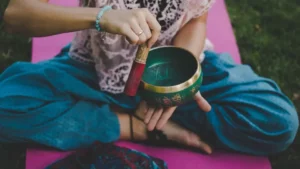
7 Ways to Get the Most Out of Psychotherapy
Psychotherapy is one of the most important parts of addiction treatment. At least half of people with substance use disorders have a co-occurring mental health issue, and many believe the figure is closer to 80 percent. Issues such as depression, anxiety, bipolar disorder, personality disorders, ADHD, OCD, PTSD, schizophrenia, and













